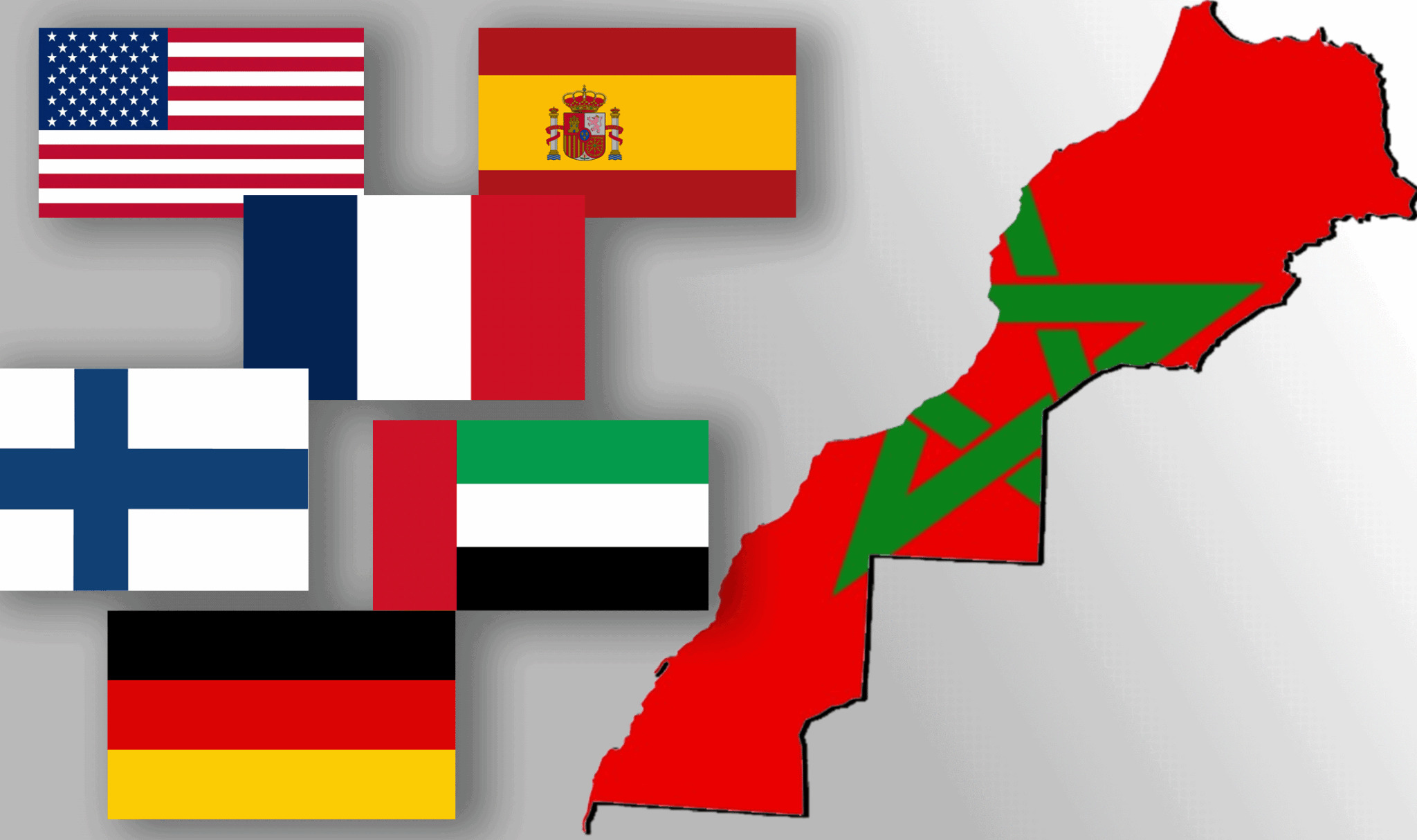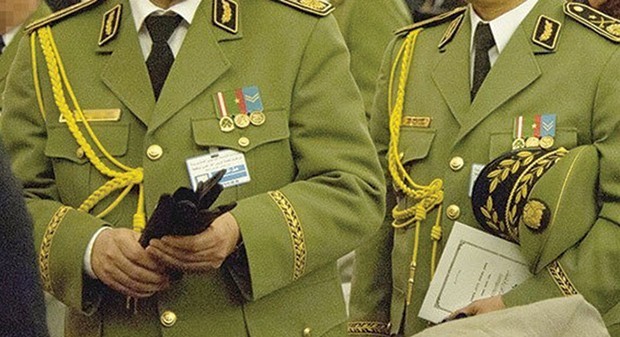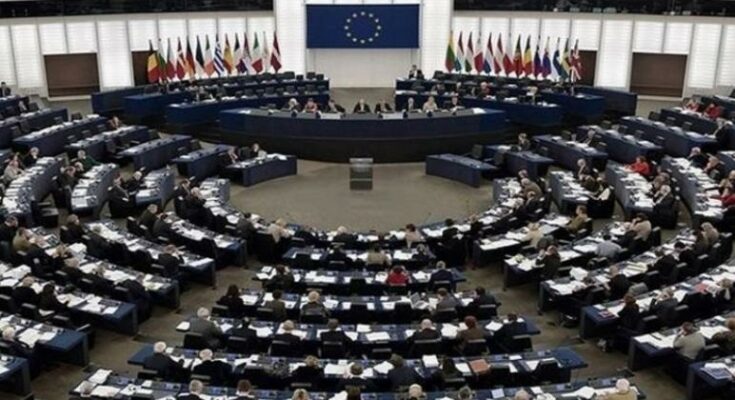After decades of backing separatism in Morocco’s Sahara, Algeria and its Polisario proxies have began a conditioning campaign for the autonomy plan, put forward by Rabat as a final political solution to the conflict over the Sahara.
The initiative was first proposed by Morocco in 2007 as an ultimate offer to end the conflict that has lasted five decades at the instigation of Algeria, which has for long prevented its Polisario proxies from entering into serious negotiations over the autonomy plan under the aegis of the UN.
The Algerian regime has mobilized its mouthpieces and analysts to prepare the public opinion for the volt face. Some Polisario leaders followed suit describing, for the first time, the autonomy plan as a solution among others.
After foiling the hit and run tactics of the Polisario by the 1990s, Morocco had engaged in the UN political process to end the conflict politically and has since 2007 defended its autonomy plan, which so far fell on deaf Algerian and Polisario ears.
But geopolitical transformations in Morocco’s favor changed the situation with the US, France, Spain, Israel, the Gulf Cooperation Council, at least 29 African countries all backing Morocco’s full sovereignty over the territory.
The autonomy plan is now backed by most members of the UN who see the separatist chimera sponsored by Algiers as a non-viable solution.
The new US administration has put on its weight to end this conflict on the sole basis of the autonomy plan, sending shockwaves across Algeria and its Polisario proxies, who risk being listed as a terrorist group, following calls by US Congressmen and US think Tanks exposing its targeting of civilians, violation of UN ceasefire and connivance with Iran.



